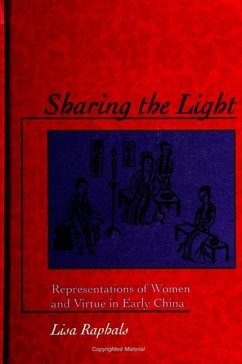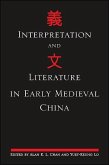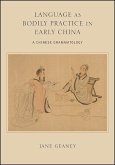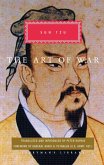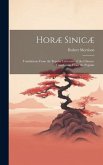Sharing the Light explores historical and philosophical shifts in the depiction of women and virtue in the early centuries of the Chinese state. These changes had far-reaching effects on both the treatment of women in Chinese society and on the formation of Chinese philosophical discourse on ethics, cosmology, epistemology, and self-cultivation. Warring States and Han dynasty narratives frequently represented women as intellectually adroit, politically astute, and ethically virtuous; these histories, discourses, and life stories portray women as active participants within their own society, not inert victims of it. The women depicted resembled sages, ministers, and generals as the mainstays and destroyers of dynasties. These stories emphasized that sagacity, intellect, strategy, and statecraft were virtues proper to women, an emphasis that effectively disappeared from later collections and instruction texts by and for women. During the same period, there were also important changes in the understanding of two polarities that delineated what now is called gender. Han correlative cosmology included a range of hierarchical analogies between yin and yang and men and women, and the understanding of yin and yang shifted from complementarity toward hierarchy. Similarly, the doctrine of separate spheres (inner and outer, nei-wai) shifted from a notion of appropriate distinction between men and women toward physical, social, and intellectual separation and isolation.
Bitte wählen Sie Ihr Anliegen aus.
Rechnungen
Retourenschein anfordern
Bestellstatus
Storno

